Over 400 clinical trials are happening at Unity Health. Meet some of the people behind this critical work

Clinical trials are a type of research study where the safety and effectiveness of various interventions, such as drugs, vaccines, therapies and procedures, are tested on people.
Today, over 400 active clinical trials are underway across Unity Health Toronto’s three sites, with over 3,000 participants enrolled each year, testing the efficacy of everything from Ozempic to mechanical ventilation to anesthesia-related care.
More than 2,000 research personnel, including staff, faculty level researchers and trainees support this critical work. But who are they and what do they do to make sure these studies are safe, ethical, and efficient?
We spoke to some of them about their day-to-day and what people should know about the studies paving the way to major advancements in medicine.
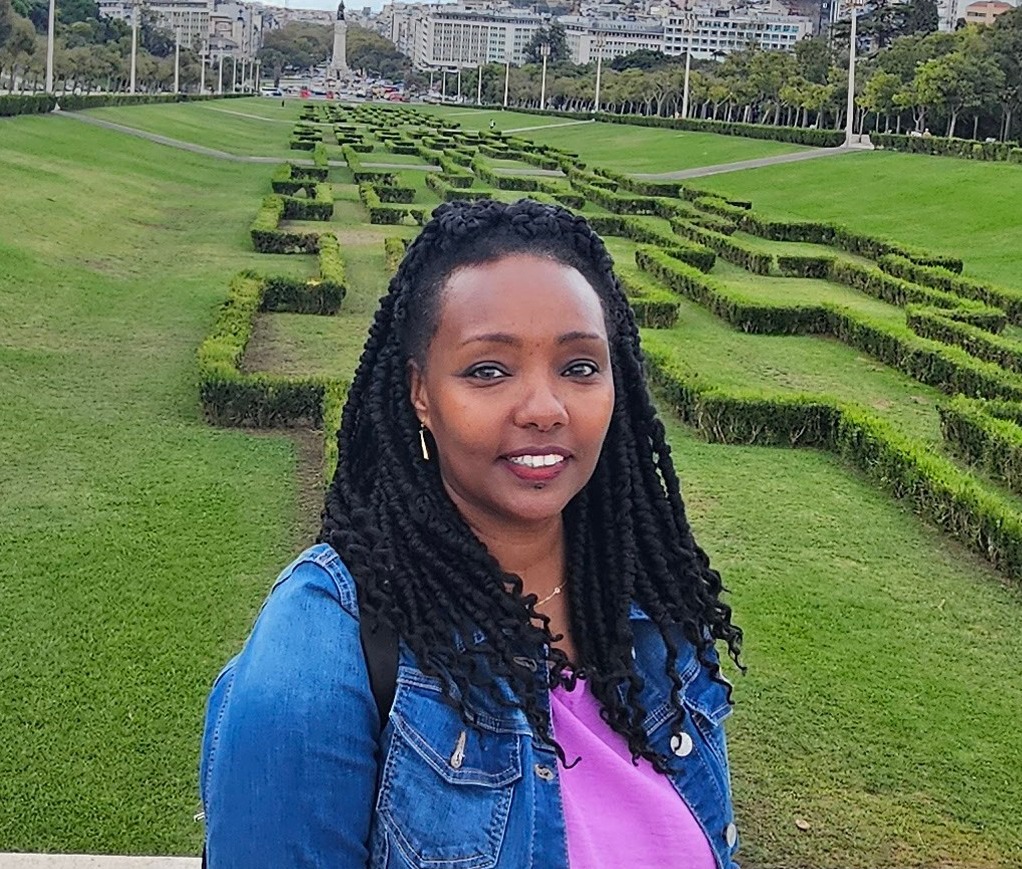
Sawsan Bakhit
Research Contracts Specialist, St. Michael’s Hospital
Can you describe your role and what you typically do in clinical trials?
I review, negotiate and finalize research agreements between our researchers, sponsors and Unity Health Toronto. From initial draft to execution, I ensure that these research agreements align with our institutional policies and are compliant with regulatory guidelines and ethical standards.
My role is to manage clinical trial agreements and ensure that each one outlines the roles, obligations, financial terms, timelines and Intellectual Property rights of the parties involved. I work with sponsors to negotiate important clauses regarding indemnity, insurance, privacy and publication rights to protect the hospital, researchers and clinical trial participants.
What do you enjoy the most about your job?
Knowing that the research agreements I work on, including clinical trial agreements, support the researchers in making real-world impact in advancing science and improving health.
For people who may not know a lot about clinical trials, what is one thing you may want them to know?
Clinical trials help improve healthcare and quality of life for everyone, including future generations, by studying new ways to prevent illness, discovery of better treatments, and earlier diagnoses of diseases.
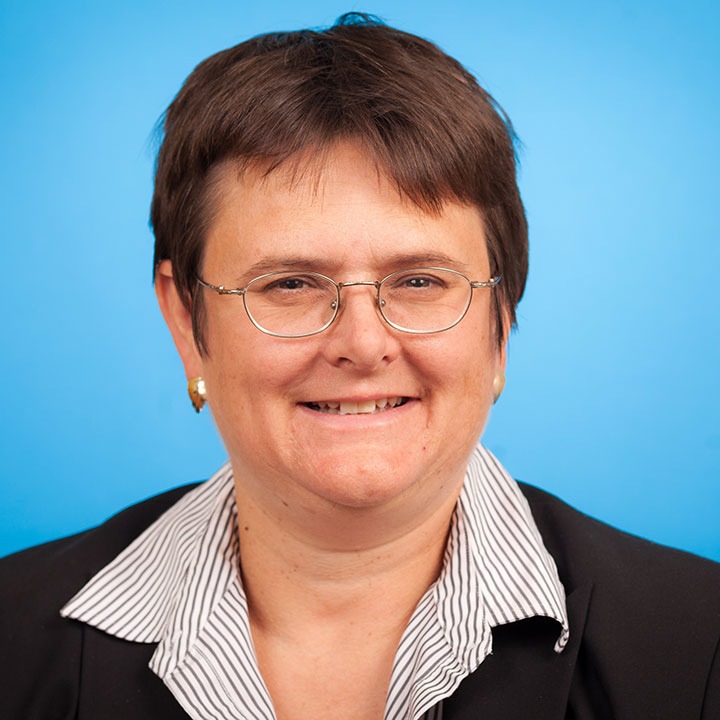
Dr. Corinne Fischer
Staff Psychiatrist, St. Michael’s Hospital
Can you describe your role and what you typically do in clinical trials?
I am the Principle Investigator (PI) for a number of industry and peer reviewed clinical trials focused on new treatments for Alzheimer’s disease and related conditions. As PI, I am responsible for all operational aspects of studies including REB and contract approvals, budgetary management, recruitment of study personnel, oversight of personnel, patient recruitment and study monitoring.
Why is Unity Health Toronto a great place to do clinical trials?
Clinical trials have rigorous standards. The Department of Psychiatry at St. Michaels Hospital has been very supportive of my work in this area. The Brain Health and Wellness Pillar is extremely supportive of trials in this space and have significant scientific expertise to draw upon. The Office of Research Administration is extremely helpful at assisting with study activation and start-up. The contract and REB procedures in place help to facilitate study operations. HR assists with personnel issues. There is a willingness to participate in studies among diverse clinical departments including psychiatry, radiology, neurology, cardiology and laboratory medicine essential to studies in the Alzheimer space.
For people who may not know a lot about clinical trials, what is one thing you may want them to know?
For a substantial number of patients who have diseases for which there are no effective cures or treatments, clinical trials provide an important opportunity.
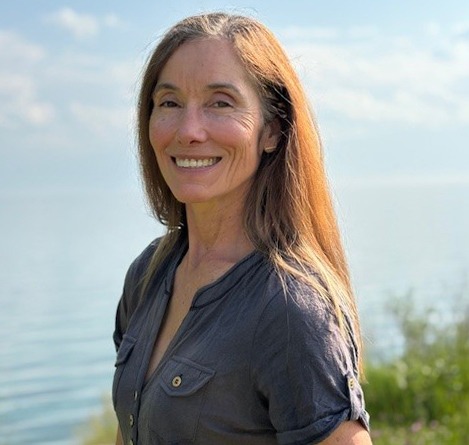
Linda Karnay
Oncology Research Nurse, St. Joseph’s Health Centre
Can you describe your role and what you typically do in clinical trials?
I wear many hats in this role. The first step is to review and assess new protocols for oncology. Once the oncologists are onboard, I prepare the Research Ethics Board submission for approval and develop a budget. Once the trial is approved, I teach the health care team about the new trial by organizing and conducting educational in-services and ensuring compliance of trial. Then I recruit, coordinate and conduct the clinical trial while liaising with the trial sponsors and investigators.
What do you enjoy the most about your job?
Working with all sections of cancer care from tumours to hematology. The ever-changing new trials and treatments are an exciting frontier. The relationships I form with the patients, the families, and all the different doctors that treat them, makes this an amazing discipline of nursing that I have enjoyed for many years.
Why is Unity Health Toronto a great place to do clinical trials?
The oncologists/hematologists and surgeons are actively engaged in offering the latest leading-edge cancer treatments to their patients. St. Joseph’s Health Centre is in a great neighbourhood and situated right off a major highway artery, allowing many patients to easily access this location. Watching the sunrise as I ride my bike to work along the lake is a great way to start a work day!
For people who may not know a lot about clinical trials, what is one thing you may want them to know?
The patients receive frequent, attentive medical care. Some people are nervous that once in a clinical trial, the standard of care will stop. Placebos are rarely used for active cancer treatment. Most studies compare the standard treatment with a new investigational drug or treatment. As a clinical trial patient, in addition to the care they would receive as part of their standard treatment, they will also have visits to the clinic with the trial team. Team members will track their side effects, as well as the effectiveness of the new therapy. In essence, they are receiving “Standard of Care Plus.”
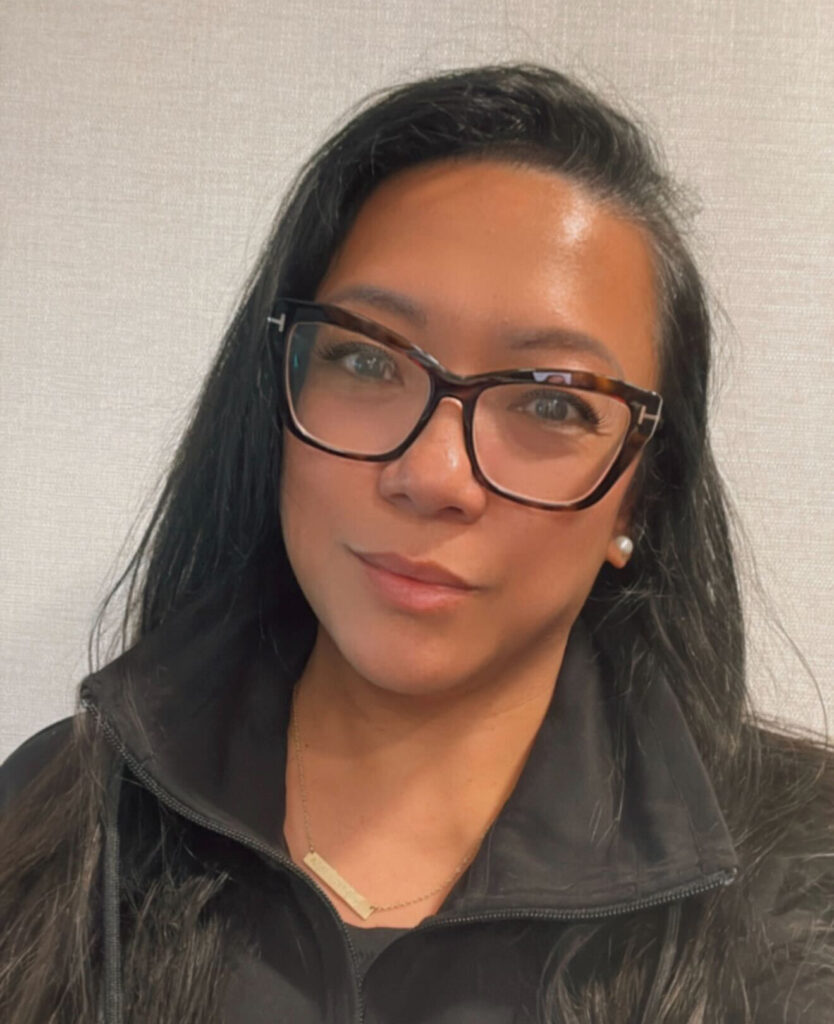
Arlene Lobrin
Research Ethics Coordinator, St. Michael’s Hospital
Can you describe your role and what you typically do in clinical trials?
I work for the Research Ethics Board (REB), which is responsible for reviewing research involving human participants to ensure it meets established ethical standards. The REB’s primary mandate is to safeguard the rights, safety, and well-being of research participants and supporting ethical research conduct.
In my role as liaison between board members and researchers, I facilitate clear communication of ethical and scientific considerations throughout the review process. I review submission materials, provide guidance to research teams on regulatory and ethical requirements/standards, and support the Board in maintaining high standards of participant protection and research integrity.
What do you enjoy the most about your job?
I love the collaborative nature of the work—conducting clinical trials is a true team effort. I enjoy helping teams think through their studies, not just from an ethics perspective, but operationally as a whole. It’s rewarding to work through the nuances of each study and support researchers in navigating processes that are both practical and principled. It’s rewarding to support researchers in developing ethically and operationally sound protocols that contribute to meaningful and responsible innovation in healthcare.
Why is Unity Health Toronto a great place to do clinical trials?
Unity Health Toronto fosters a culture of excellence and compassion. It’s a vibrant and collaborative research environment where clinical care and research go hand in hand. We’re home to passionate investigators and dedicated research staff who work together to conduct high-quality, patient-centered studies. What makes it truly special is our commitment to equity, compassion, and innovation—values that guide us in designing and carrying out trials that address the needs of the diverse communities we serve.
For people who may not know a lot about clinical trials, what is one thing you may want them to know?
Conducting clinical trials is truly a collaborative effort—it goes far beyond just the investigators, participants, or receiving “REB approval.” It requires coordination across multiple teams, including clinical staff and research operations such as contracts, privacy, compliance, and education—essentially, all the “other institutional approvals.” Each group plays a critical role in ensuring the study is scientifically sound, operationally feasible, and ethically managed.
It all begins with strong study design, proactive safety monitoring, and a willingness to incorporate feedback throughout the trial’s lifecycle. I’m a strong advocate for compliance and documentation—if it’s not documented, it didn’t happen. Clean, consistent records are more than best practice; they’re essential for transparency, accountability, and regulatory preparedness.
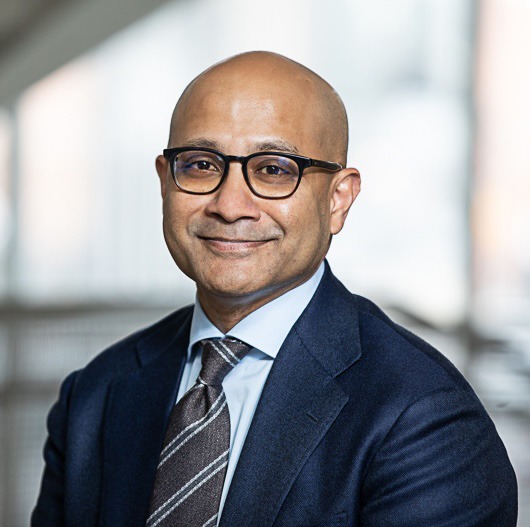
Dr. Duminda Wijeysundera
Clinician-Scientist, St. Michael’s Hospital and Head of Science, Applied Health Research Centre
Can you describe your role and what you typically do in clinical trials?
I’m an anesthesiologist, clinical epidemiologist and scientist. I’m also the Head of Science for the Applied Health Research Centre (AHRC), which is an academic research organization integrated within Unity Health that supports and facilitates multi-centre clinical trials. I support the scientific direction and operations of that unit. So if an investigator at the hospital wants to lead a multi-centre trial across multiple sites, we provide methodological background, project management, statistical support, databases, quality assurance, and anything else that’s required.
What do you enjoy the most about your job?
Problem-solving and seeking innovative ways to address design and statistical concerns. In clinical trials, there’s a huge component of design, but it’s really about the practical aspects. How do we convince and encourage patients to participate? How do we get sites to participate? How do we make it so that patients stay in the trial?
It’s a real exercise in building a community, not just nationally but internationally, and I’ve made good friends through this exercise. It’s satisfying when you find something that works because it can be translated into clinical care for patients very soon.
Why is Unity Health Toronto a great place to do clinical trials?
I think the fact that we have the AHRC here. It makes it much easier to do clinical trials, not just with internal support, but leading it across other sites. So if someone wants to do clinical trials here, but also run it across many other places, we can absolutely facilitate that.
We also have a great patient population. I’m always very impressed and humbled by people who are facing real challenges in healthcare, but are quite happy to participate in research and give up their time to do that.
For people who may not know a lot about clinical trials, what is one thing you may want them to know?
Clinical trials still remain as a key piece of evidence to show whether interventions work or don’t work. You can use advanced analytical techniques like AI, but they will never get around some of the fundamental biases that exist.
When a new drug or a new device is developed, you still need all the major regulatory agencies. I need a trial to show that it works because it gives them valid pieces of information and, ultimately, ensures that new things needed to improve quality of life and health outcomes are available. Without them, we would still be using things basically based on guessing.
By: Lois Lee
